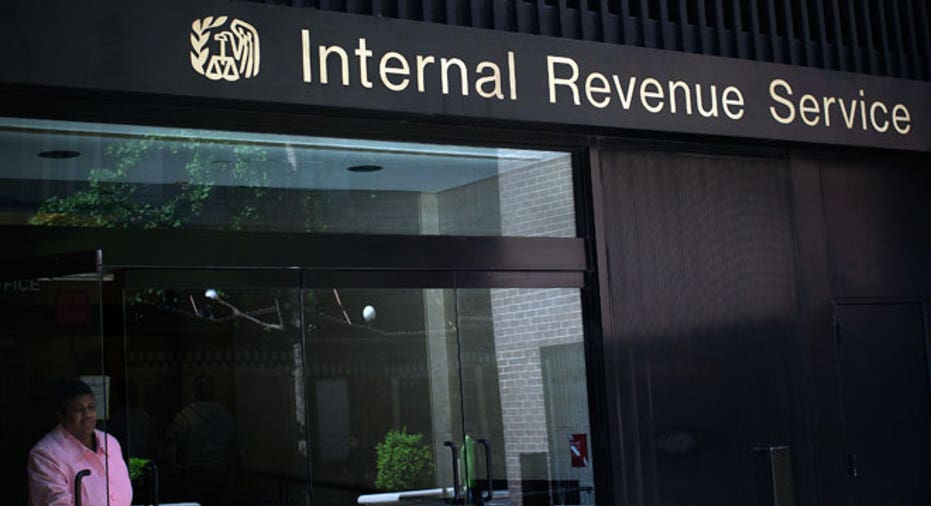Don’t Become a Victim of a Tax-Relief Scam

If a company promises to easily lower your tax bill, experts warn to look twice to avoid being scammed.
The IRS is increasingly starting to probe consumers that skipped paying taxes during the financial crisis to get owed funds, and it’s prompting an increase in tax-relief scams.
“Tax scams are alive and kicking,” says Mitchell Freedman, a certified public accountant in Westlake Village, Calif. “More and more people are being caught up in them.”
Looking to prey on the desperate, scam artists peruse tax lien notices to identify taxpayers that have Uncle Sam breathing down their necks and then offer them bogus tax resolution services. But what really happens is the scammers take money out of accounts and disappear--leaving you further in debt. In fact, according to IRS, tax scams can literally delete your life savings.
One of the most common tax relief scams are advertised on TV and radio and promise to reduce your tax liability to pay pen nies on the dollar.
“In most of the cases, they ask the customer to pay a fee in advance; unfortunately all too frequently, they do nothing,” says Freedman, noting that one company was able to fraudulently collect tens of millions of dollars on behalf of tax payers without bringing any resolutions in just a few years.
According to the New Jersey Division of Consumer Affairs, these so-called tax-relief companies often charge high fees, potentially in the thousands. After getting the payment upfront, they will request the same documents over and over from the consumer and then conclude the consumer no longer qualifies or the IRS rejected their efforts if the company doesn’t disappear altogether.
Another variant of a tax-relief scam involved getting an unsolicited letter in the mail or in your inbox claiming you qualify for a governmental plan to help settle your tax debt. You’ll think you are working with a government entity related to the IRS—but it’s really just a creative scammer.
Don’t Become a Victim
According to the New Jersey Division of Consumer Affairs, if you owe the IRS money, work directly with the agency. The IRS will never send materials or noticed via e-mail, so any e-mails claiming to be from the Uncle Sam should serve as a red flag.
Any notices from the IRS will have a contact number on the back, and you should call it and ask about collection alternatives. You could be eligible for a monthly payment plan or negotiate a smaller payment. The last thing you want to do is burry your head in the sand and ignore those notices.
“You always want to open all the mail from the taxing authorities. The news never gets better,” says Freedman. “By ignoring it, the taxing authority is not going to go away.” The IRS will eventually come at you more aggressively and can put liens on your income and assets, he adds.
There are low-cost services available that can help negotiate with the IRS. The agency provides a list of low-income taxpayer clinics online or you can contact the Taxpayer Advocate Service, which assists taxpayers that are experiencing economic difficulties, those looking to resolve tax issues or people who think the system is not working properly.
At the end of the day, if a tax plan seems too good to be true, it probably is.
“There’s always a group that gets caught up in these scams,” says Freedman. “They know they owe taxes and are taken in by the promises.”



















